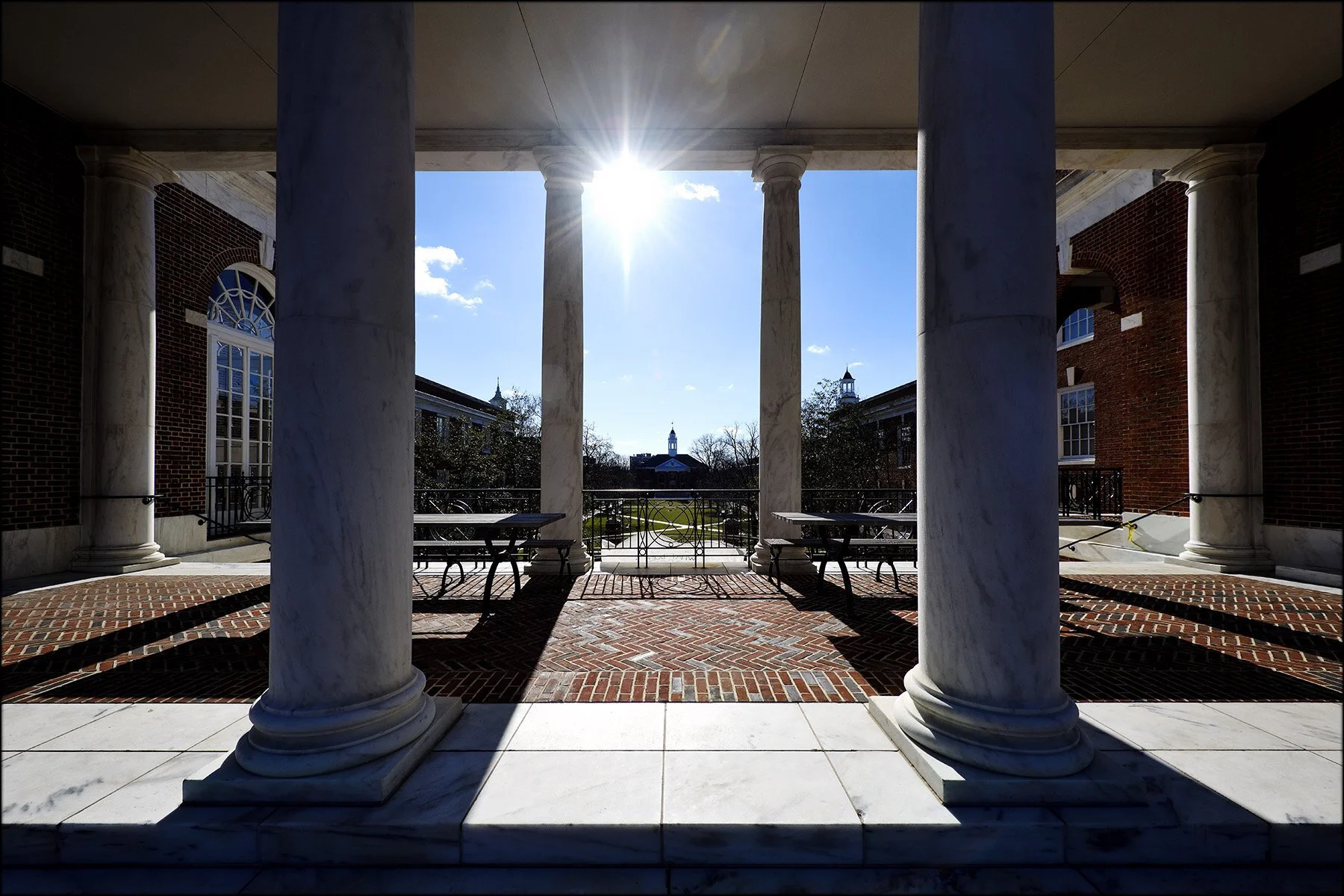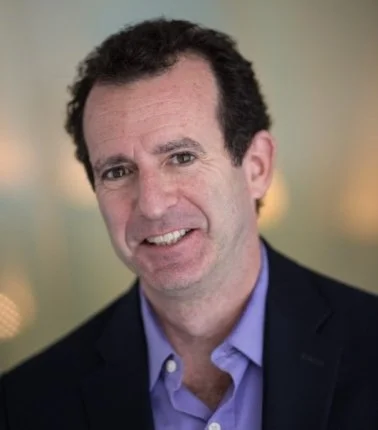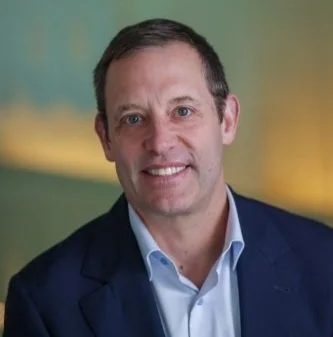Featured Speakers of The 2024 GHLC at JHU
PAUL SPIEGEL, MD, MPH
Director of the Johns Hopkins Center for Humanitarian Health; Professor of the Practice in the Department of International Health at the Johns Hopkins Bloomberg School of Public Health
Dr. Spiegel, a Canadian physician by training, is internationally recognized for his research on preventing and responding to complex humanitarian emergencies. Before joining the Johns Hopkins School of Public Health, Dr. Spiegel was Deputy Director and Chief of Public Health at the United Nations High Commissioner for Refugees (UNHCR).
He previously worked as a Medical Epidemiologist in the International Emergency and Refugee Health Branch at the Centers for Disease Control and Prevention and as a Medical Coordinator with Médecins
Sans Frontières and Médecins du Monde in refugee emergencies, as well as a consultant for numerous international organizations.
Dr. Spiegel was the first Chair of the Funding Committee for Research for Health in Humanitarian Crises (2013-2018). Dr. Spiegel has published over 130 peer-reviewed articles on humanitarian health and migration. He has served as a Commissioner on the Lancet Commission for Migration and Health and the Lancet Commission on Syria. He is currently co-chair of Lancet Migration and co-director of the EQUAL consortium.
He has a bachelor's degree from Western University, a degree in medicine from the University of Toronto, and a masters in public health from the Johns Hopkins Bloomberg School of Public Health.
Bhakti Hansoti, MBCHB, PhD, MPH
Director, Johns Hopkins Center for Global Emergency Care; Fellowship Director, International Emergency Medicine & Public Health Fellowship; Associate Professor of Emergency Medicine at The Johns Hopkins University School of Medicine
Dr. Hansoti is an Associate Professor in Emergency Medicine at Johns Hopkins University. She completed her MBChB at Edinburgh University and an EM residency at the University of Chicago, an MPH from JHU, and a Ph.D. from the University of Cape Town. She has over 75 publications, several research awards and is an active member of the Johns Hopkins University School of Medicine Institutional Review Board (IRB). Her research focuses on the intersection of Global Health, HIV, and Implementation Science. Specifically, she seeks to evaluate the implementation of evidence-based interventions for service delivery in complex clinical environments such as the ED. Most of her research to date has been based in South Africa. Her domestic research focuses on the implementation of ED-based surveillance activities for COVID-19 and other influenza-like illnesses.
Dr. Hansoti has achieved nationally recognized success in research, education, mentorship, advising, and program building. She holds several significant service roles at Johns Hopkins University, serving as the Associate Director for Academic Programs at the Johns Hopkins Center for Global Health (CGH), and is co-director for the Public Health Scholarly Concentration (SC) course at the Johns Hopkins University School of Medicine. She is also the Director for the Center for Global Emergency Care (CGEC) and serves as the fellowship director for the International Emergency Medicine and Public Health fellowship program at Johns Hopkins University. In addition, she is the Co-PI for the Johns Hopkins site for the UJMT Fogarty fellowship consortium. She seeks to build the institutional capacity to develop global health leaders at Johns Hopkins and beyond in these roles.
Thomas Quinn, MD, MSc
Founding Director of the Johns Hopkins Center for Global Health; NIH Distinguished Investigator; Associate Director of International Research at the National Institute of Allergy and Infectious Diseases (NIAID); Chief of the International HIV/STD Section in the NIAID Laboratory of Immunoregulation; Professor of Medicine and Pathology in the Johns Hopkins School of Medicine; Professor of Epidemiology, International Health, Molecular Microbiology and Immunology in The Johns Hopkins School of Public Health; Professor of Nursing in The Johns Hopkins School of Nursing
Dr. Thomas Quinn is professor of medicine and pathology in the Johns Hopkins School of Medicine and professor of international health, epidemiology, and molecular microbiology and immunology in The Johns Hopkins School of Public Health, and professor of nursing in the Johns Hopkins School of Nursing. In 2006 he was appointed founding Director of the Johns Hopkins University Center for Global Health. He serves as advisor/consultant on HIV and STDs to the World Health Organization, Office of the Global AIDS Coordinator (PEPFAR), UNAIDS, and the FDA.
He serves as Associate Director for International Research at the National Institute of Allergy and Infectious Diseases. He is a member of the Institute of Medicine of the National Academy of Sciences, and is a fellow of the American Association for the Advancement of Science. He is a fellow of the Infectious Diseases Society of America and a member of the American Association of Physicians. He is an author of over 900 publications on HIV, STDs, and infectious diseases, and serves on multiple editorial boards.
Among his professional activities, Dr. Quinn is an alternate member of the Technical Panel of the Global Fund to Fight AIDS, Malaria, and Tuberculosis and has been on Advisor/Consultant on HIV and STDs to the World Health Organization, UNAIDS, and the U.S. Food and Drug Administration. In October 2004 he received membership in the Institute of Medicine.
Tamar Mendelson, PhD, MA
Bloomberg Professor of American Health; Director of the Center for Adolescent Health (CAH) in the Department of Mental Health and Department of Population, Family, and Reproductive Health at the Johns Hopkins Bloomberg School of Public Health
Dr. Mendelson is a Bloomberg Professor of American Health and Director of the Center for Adolescent Health, with joint appointments in the Department of Mental Health and the Department of Population, Family, and Reproductive Health. Dr. Mendelson’s research addresses the development, evaluation, and dissemination of prevention strategies to improve adolescent health, with a focus on underserved urban populations. She works with colleagues and stakeholders to promote well-being and thriving among urban youth and to reduce the number of youth disconnected from school, work, and other key supports. Dr. Mendelson is also affiliated with the Center for Prevention and Early Intervention, Center for the Prevention of Youth Violence, and the Johns Hopkins Center for Women’s Health, Sex, and Gender Differences.
JOSHUA SHARFSTEIN, MD
Vice Dean for Public Health Practice & Community Engagement and Professor of the Practice in Health Policy and Management at the Johns Hopkins Bloomberg School of Public Health; Former Principal Deputy Commissioner of the Food and Drug Administration (FDA); Director of the Bloomberg American Health Initiative; Former Secretary of the Maryland Department of Health and Mental Hygiene
Dr. Joshua Sharfstein works to develop and promote public health strategies, healthcare payment approaches, and regulatory policies that advance health and equity.
Early in his career, Dr. Sharfstein served as health policy advisor to Congressman Henry A. Waxman. Among the issues he worked on were HIV/AIDS, oversight of the Food and Drug Administration (FDA), tobacco, and public health.
After the election of President Barack Obama in 2008, Sharfstein served as leader of the Obama transition team on the FDA. In 2009, he was appointed by President Obama as Principal Deputy Commissioner of the FDA.
Dr. Sharfstein, whose early work in politics included work for Public Citizen’s Health Watch, has been a frequent critic of drug industry marketing practices—going all the way back to his days in medical training. During his time as public health commissioner of Baltimore, he led the effort to restrict the marketing of pediatric cold remedies.
Sharfstein has also written articles criticizing the American Medical Association for its pattern of giving campaign contributions to political candidates that take stands the majority of physicians oppose. One of those articles focused on AMA donations to candidates and elected officials who have fought the regulation of tobacco—a position the medical community generally favors and that Dr. Sharfstein has advocated over the years.
He has also come under the ire of anti-vaccine groups because, consistent with the advice of the American Academy of Pediatrics and the vast majority of medical professionals, he has been an ardent supporter of vaccines as an essential part of public health.
Dr. Sharfstein is an elected member of the National Academy of Medicine and the National Academy of Public Administration.
Judd Walson, MD, MPH
Robert E. Black Chair of the Department of International Health; Professor, Departments of International Health, Medicine and Pediatrics (Infectious Disease) at the Johns Hopkins University Bloomberg School of Public Health
Dr. Walson is chair of the Department of International Health at the Bloomberg School and the inaugural Robert E. Black Chair in International Health. Walson is a physician trained in Internal Medicine, Pediatrics, and Infectious Diseases with extensive experience working in research, public health programming, policy development, product development, and clinical practice. His research focuses on interventions to improve child survival, growth, and development in Africa and South Asia. He collaborates with ministries of health, NGOs, and academic partners in Bangladesh, Benin, Burkina Faso, India, Kenya, Malawi, Nepal, Pakistan, Thailand, and Uganda. Walson has conducted numerous trials investigating poor nutrition and infectious diseases to inform improvements in policy and programs globally. He has also worked in product development across vaccines, diagnostics, and devices.
He co-leads the Childhood Acute Illness and Nutrition (CHAIN) Network, a collaboration of experts working at institutions across sub-Saharan Africa and South Asia. The studies conducted under the network have led to the development of strategies to reduce mortality among acutely ill children. The research has also led to novel approaches enabling risk-differentiated care, ensuring those at highest risk are supported adequately both during and after contact with the health system. He also leads the DeWorm3 study—a large community cluster randomized trial focused on eliminating soil-transmitted helminths that has enrolled over 360,000 individuals in Benin, Malawi, and India. These intestinal parasites include roundworm and hookworm and are among the most common causes of infections in humans, disproportionately impacting communities living in poverty.
Jaime Madrigano, ScD, MPH
Bloomberg Associate Professor of American Health in the Department of Environmental Health and Engineering at the Johns Hopkins Bloomberg School of Public Health and Whiting School of Engineering
Dr. Madrigano is an environmental epidemiologist committed to research that advances holistic, equitable solutions to protect the public from the growing threat of climate change. Her research examines how environmental pollution and extreme weather—alone and in combination with neighborhood and socioeconomic factors—impact population health. Her work emphasizes environmental justice with the goal of reducing population-wide environmental health disparities.
She uses epidemiologic methods to inform policy, and her research has been cited in multi-agency climate and health preparedness efforts within New York City. She has worked with local health departments and community-based organizations across the Northeast to conduct health and environmental needs assessments.
Prior to joining Johns Hopkins, Madrigano worked for RAND Corporation, where she led research that assessed whether community resilience mitigates the health impacts of natural disasters. She also directed research that examined the relationship between systemic discriminatory practices and inequitable environmental burdens in the U.S. This work culminated in an online tool that explores the environmental impacts of historic redlining in 202 communities across the country.
She completed her Doctor of Science in Epidemiology and Environmental Health at the Harvard T.H. Chan School of Public Health. She completed a postdoctoral fellowship at the Earth Institute and the Climate and Health Program at the Mailman School of Public Health at Columbia University. She also received a Bachelor of Engineering in Environmental Engineering from Stevens Institute of Technology and a Master of Public Health from Rutgers University. Madrigano serves on the U.S. Environmental Protection Agency’s Board of Scientific Counselors Executive Committee.








